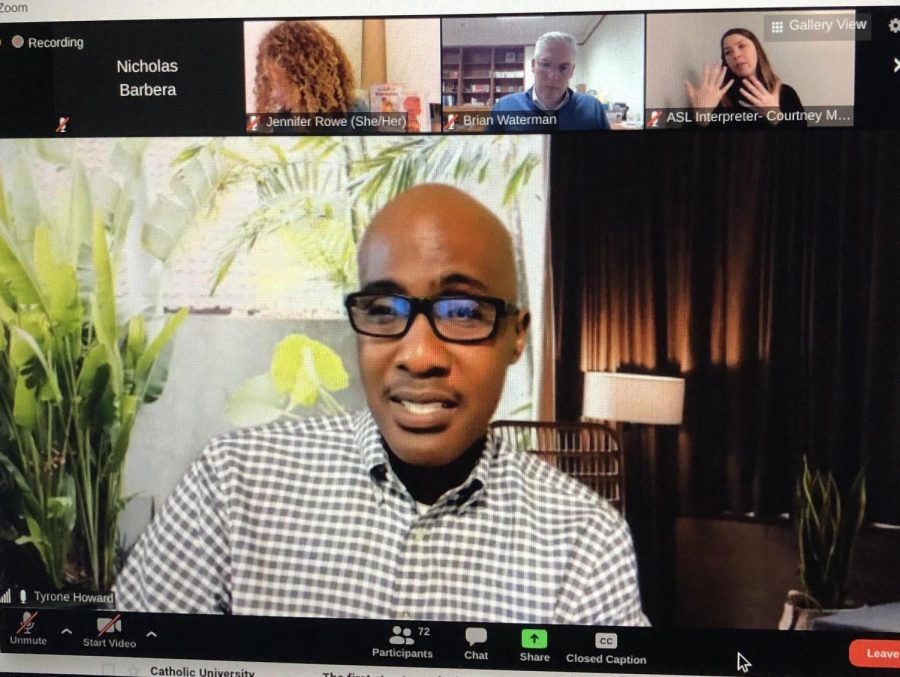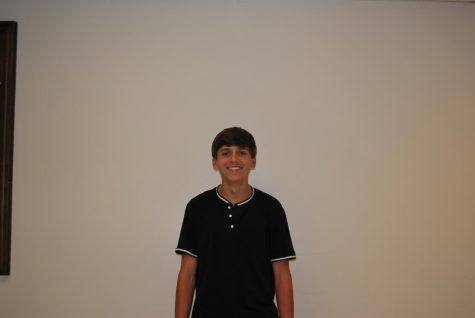UCLA professor hosts anti-hate presentation
Discusses impact, need to eliminate all forms of resentment
April 28, 2022
An online presentation via Zoom regarding the effects hate can have on individuals and communities, as well as the need to eliminate said hate, was held on April 5 by author and UCLA professor Tyrone Howard.
“We [at LT] have both recent and not-so-recent first hand examples in our own school community that illustrate the devastating impacts of hate and hate-filled language,” Superintendent Brian Waterman said before the presentation. “What we value the most is discussing and learning about how we can work with our students, our staff, and our community to eliminate hate.”
Before the presentation, Director of Equity and Belonging Jennifer Rowe, took time to honor Indigenous people. There was also a discussion of norms and agreements—including listening with intent and respect—where Principal Jennifer Tyrrell built upon Waterman’s previous ideas.
“When we have events where we see hate and harm, we believe it’s an opportunity for us to open spaces for our students to have conversation [and] to share how they feel,” Tyrrell said. “In response to events that took place in February, we did host healing circles where students had the chance to share their feelings alongside us.”
After Tyrrell’s message, Waterman introduced Howard and his accomplishments, including two of his most recent books: “No More Teaching Without Positive Relationships” and “All Students Must Thrive: Transforming Schools to Combat Toxic Stressors and Cultivate Critical Wellness.” Both of these books are used by the leadership team at LT, Waterman said.
“This conversation is about eliminating hate,” Howard said. “How we have to be willing to look at ourselves in a critical way, to say ‘how can we be better.’ There’s a saying we have in this country called ‘E Pluribus Unum,’ which means out of many come one. Everyone deserves to be treated, seen, [and] respected with the levels of humanity regardless of their differences, background, [or] language. That’s our goal.”
Howard presented information from a census from last year. It showed growth in diversity and even a decline in the white population for the first time demonstrating strides towards achieving Howard’s goals. Unfortunately, hate still has a very present role in society, Howard said.
“Diversity is not often embraced by everyone,” Howard said. “There are folks in our society who are really frightened, afraid, and some even threatened by the increasing diversity in our nation, hence why we see the kinds of hate crimes that we’ve seen across our country. As we become more diverse, we are seeing more discrimination, more prejudice, and more hate.”
Howard called his audience to action, discouraging a bystander position, citing lives that could be changed for the worse or lost.
“When we remain silent about these issues, in many ways, we become complicit,” Howard said. “Because when we say ‘let’s not discuss it,’ it’s oftentimes saying that ‘it’s okay,’ [and] we give license for further hate to happen.”
Howard also discussed the increasing rates of youth suicide, both as a result of bullying and toxic environments. For example, those surrounding men—the idea that boys are taught from a young age not to express emotion.
In addition to explaining steps adults can take to reduce the effects of hate, Howard provided students with a simple way to combat hate they may have experienced.
“[If] someone makes a comment that’s discriminatory [for example, say] ‘ouch,’” Howard said. “We need to be able to hear from students when something has been said because [sometimes] people are not intentional with their comments, but they can be quite harmful.”
Howard elaborated on the upstander versus bystander concept he touched on earlier, and described how those who become upstanders can fight the one percent of students who may exhibit racist or sexist behavior.
“I’m always reminded of this quote by [Martin] Niemöller,” Howard said. “I think it [represents] why we have to stand up even when we’re not the targeted group: ‘first they came for the socialists, and I did not speak out because I was not a socialist. Then they came for the trade unions, and I did not speak out because I was not a trade unionist. Then they came for the Jews, and I did not speak out because I was not a Jew. Then they came for me, and there was no one left to speak for me.’”
Before the end of the presentation, there was a question segment in which all 70 to 80 participants of the Zoom meeting had an opportunity to ask questions. In the final minutes, Howard mentioned an elementary school that invited high schoolers to talk about bullying. After the experience, both schools—the elementary and the high school—saw a reduction in poor treatment of students as the older kids realized the messages they had shared with the younger kids could apply to them as well.
“Our young people are not born in the world with this stuff,” Howard said. “This is all learned behavior. It’s in the ecosystem that we all live in. You name the group, there’s some negative stuff about them. I maintain, and maybe I’m naively optimistic, I believe it’s easy as it is learned, I have to believe, we have to believe, that it can be unlearned. But it can’t be unlearned if we’re not willing to acknowledge that it exists.”

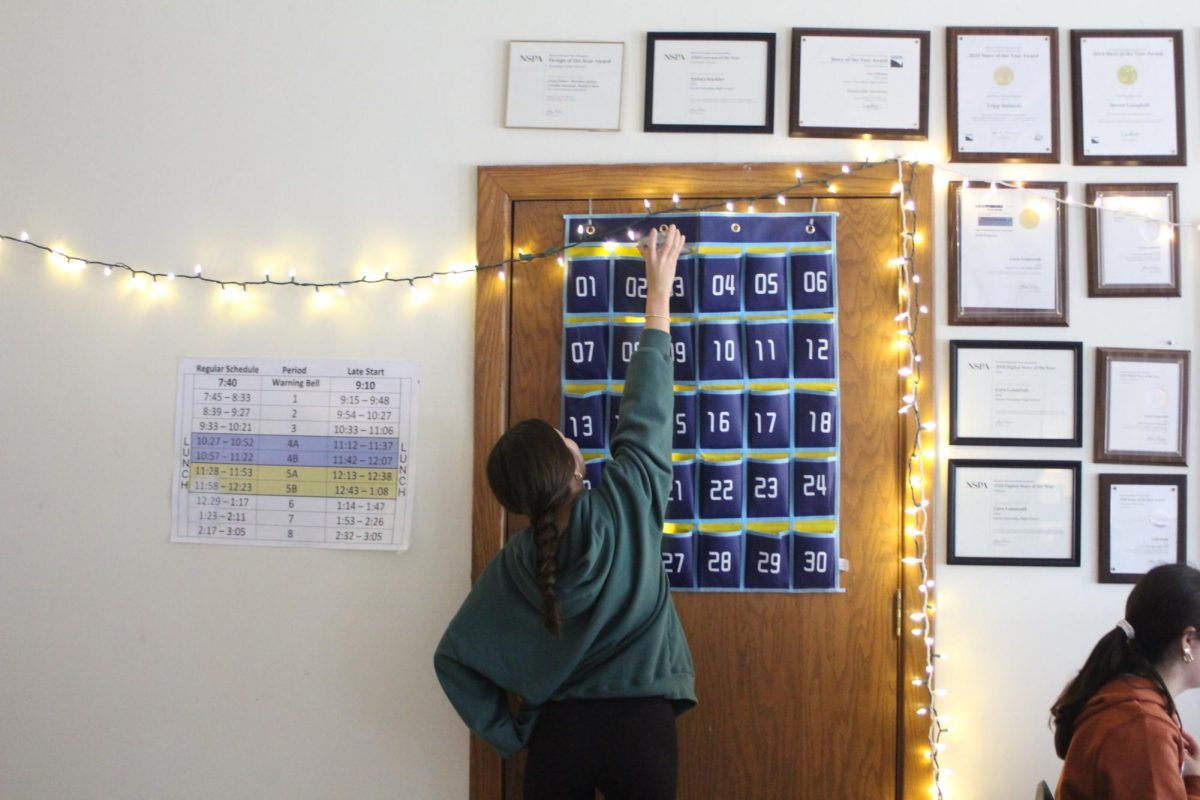

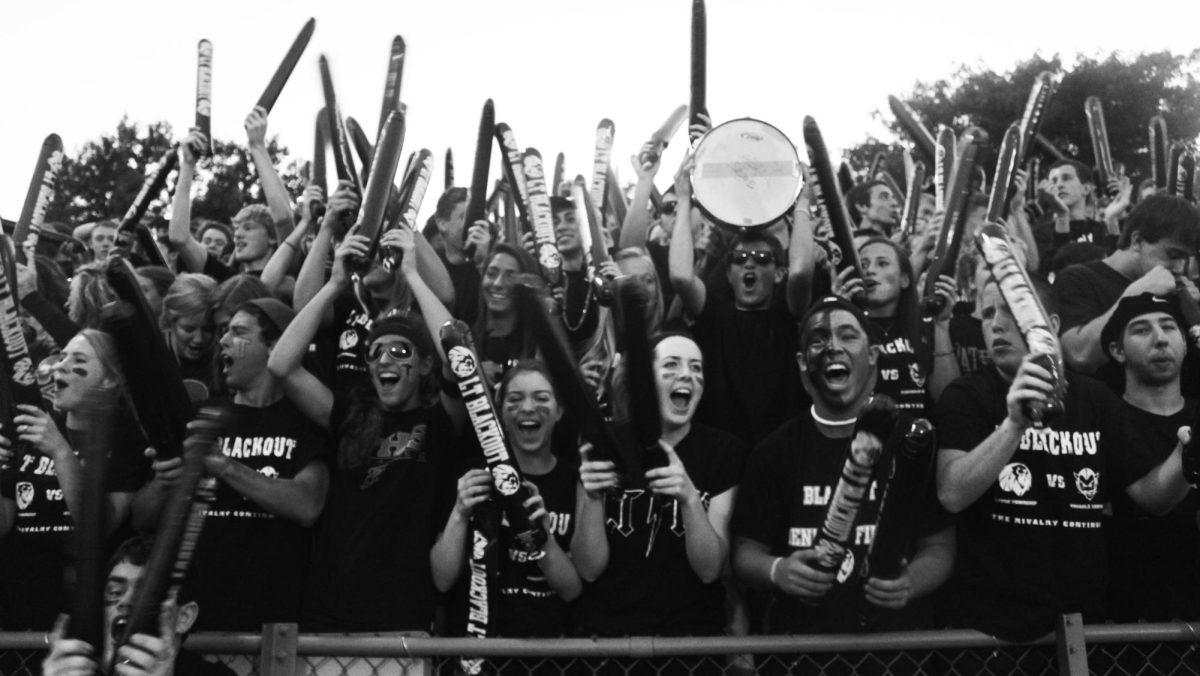
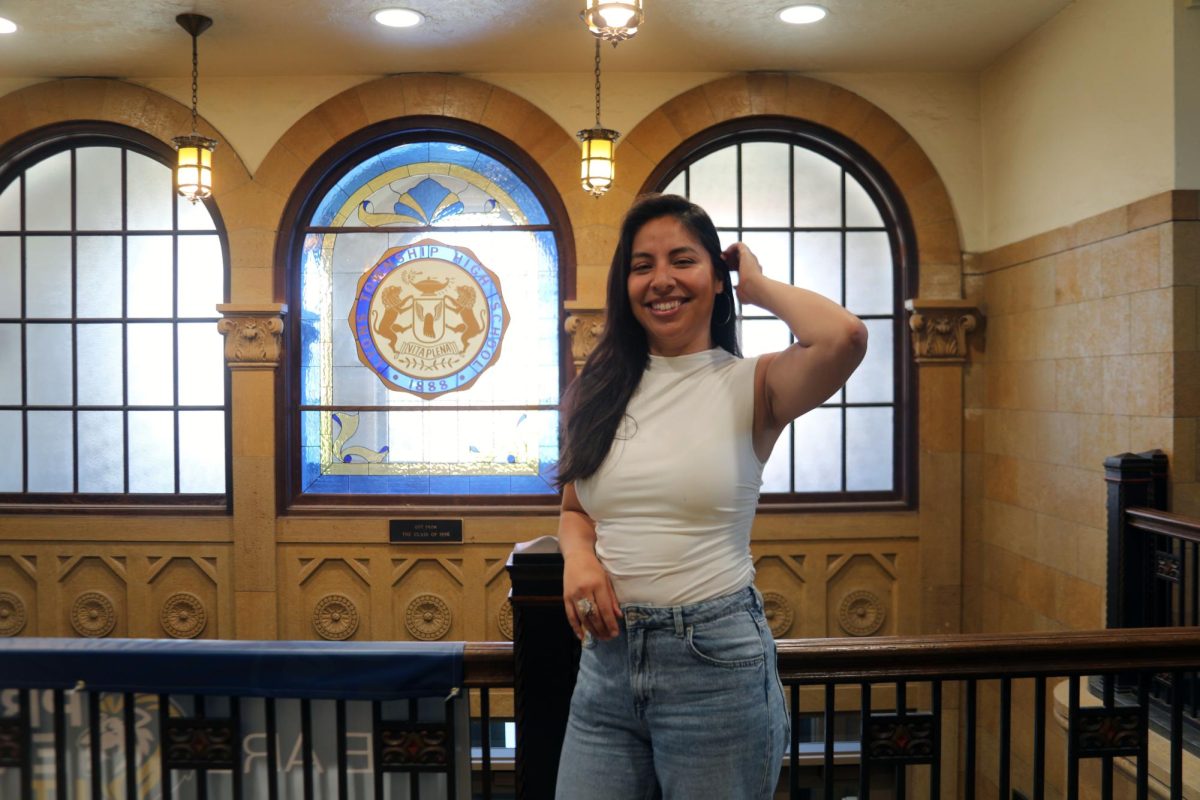
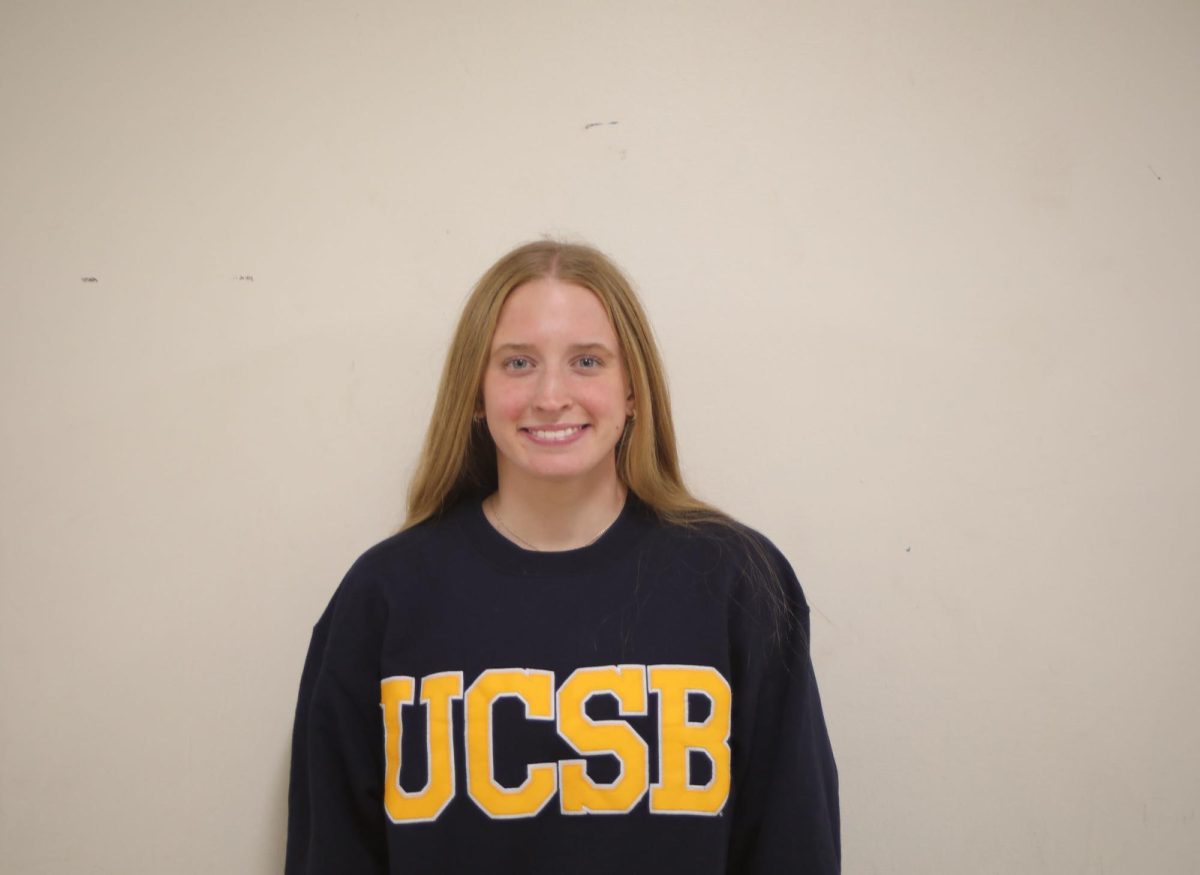
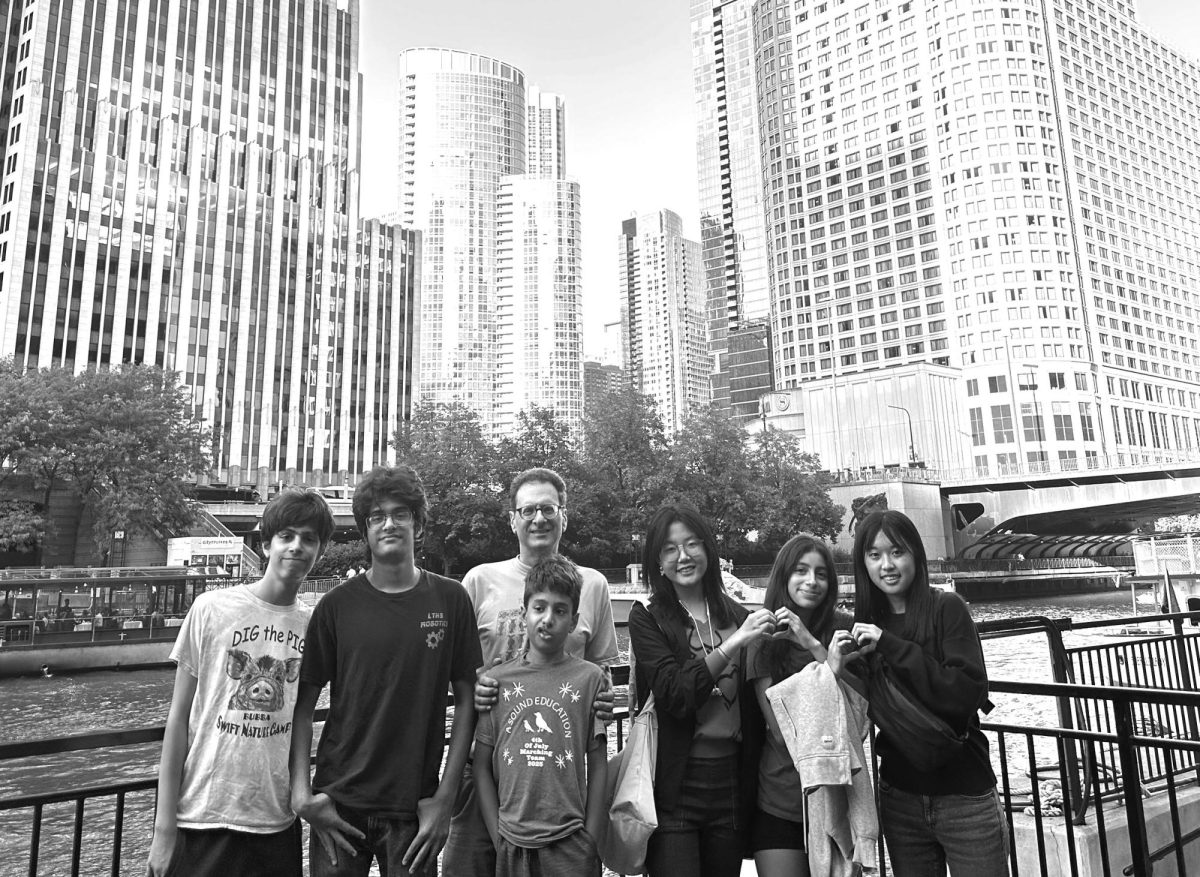
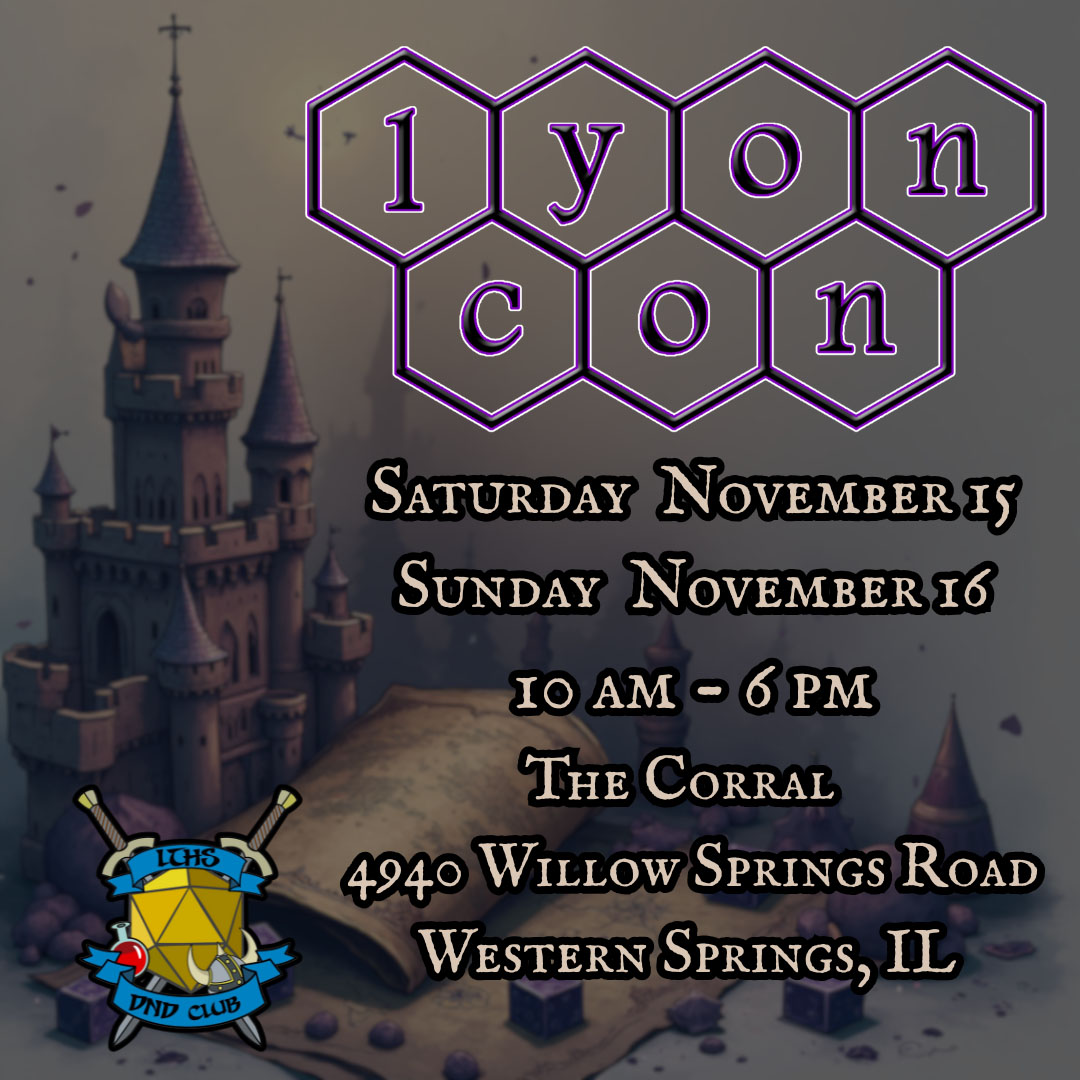
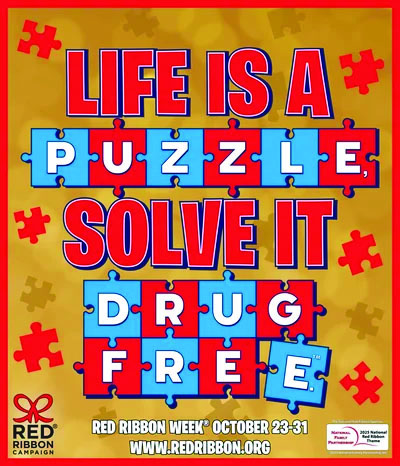
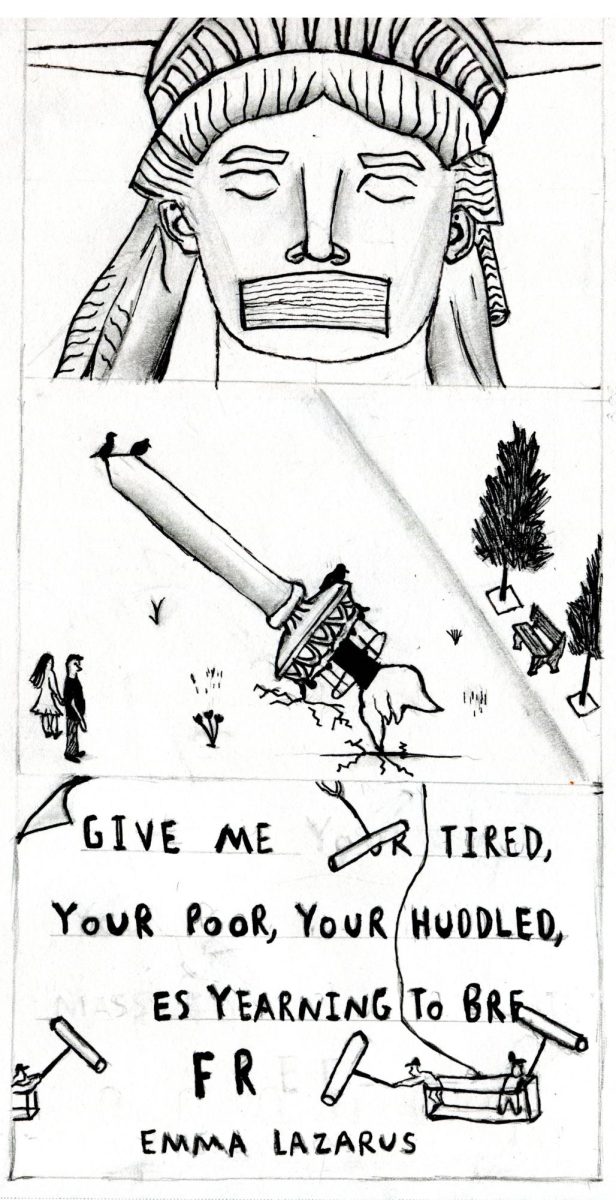
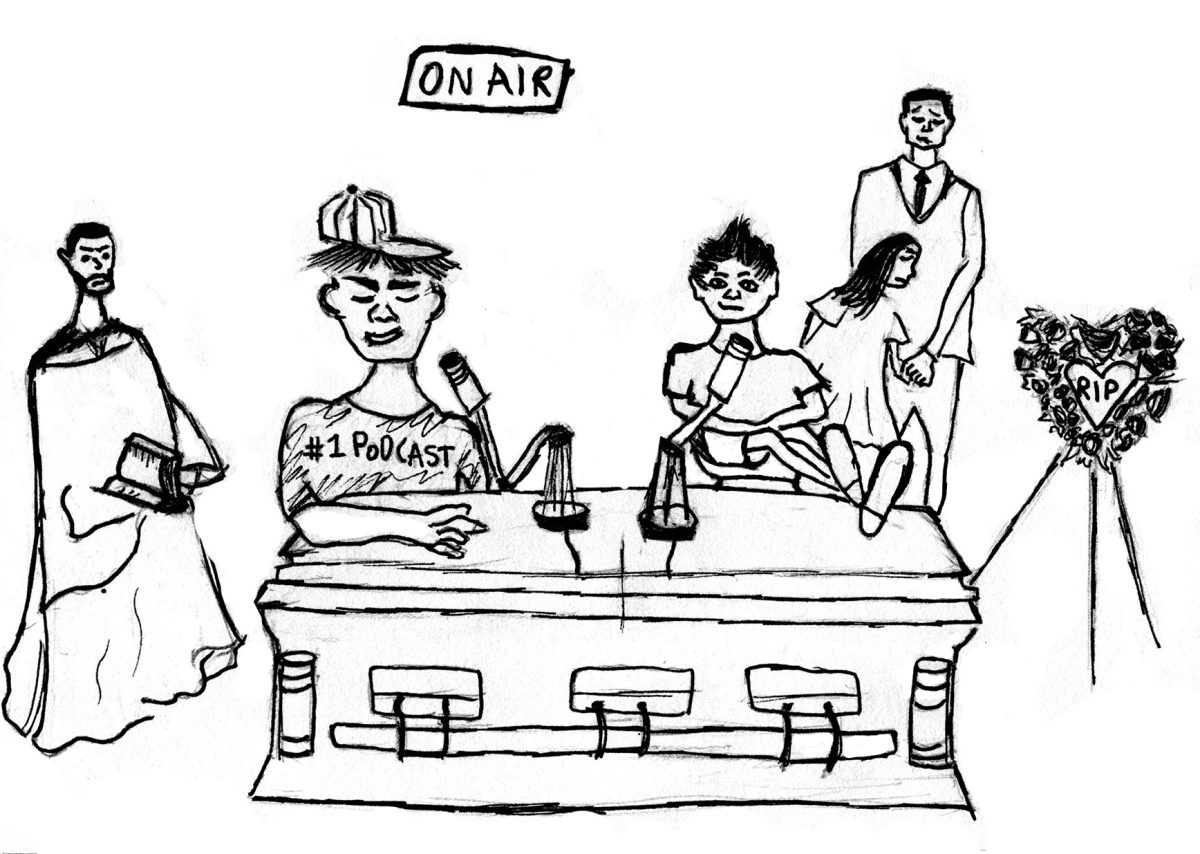
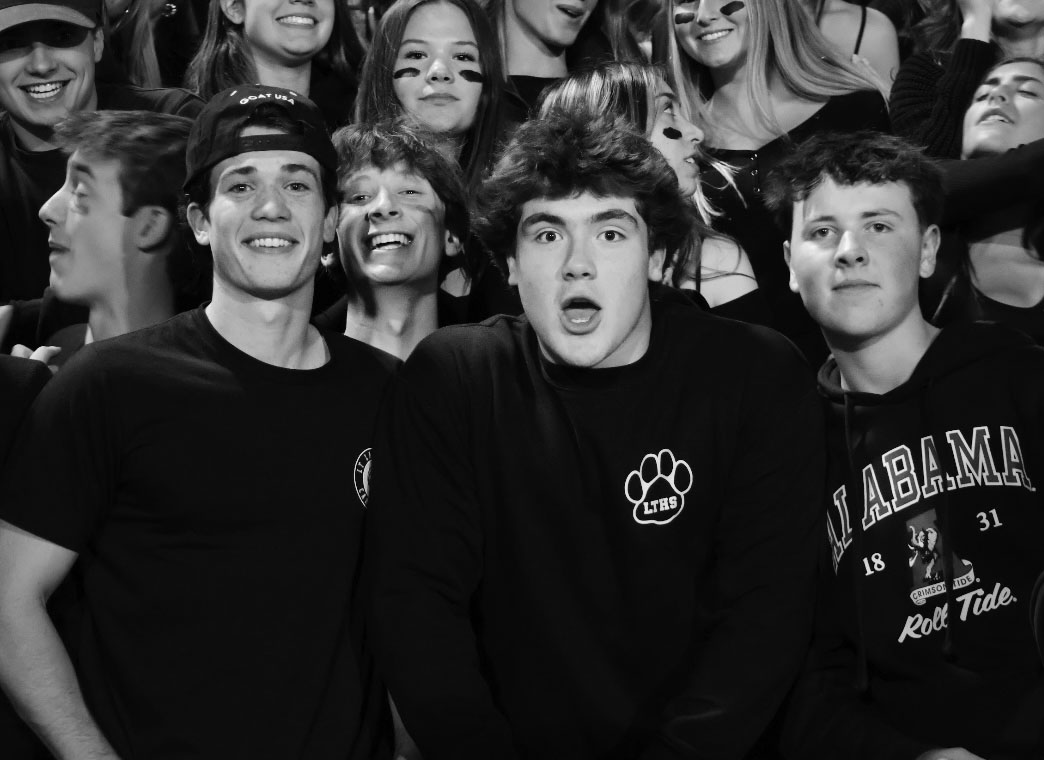
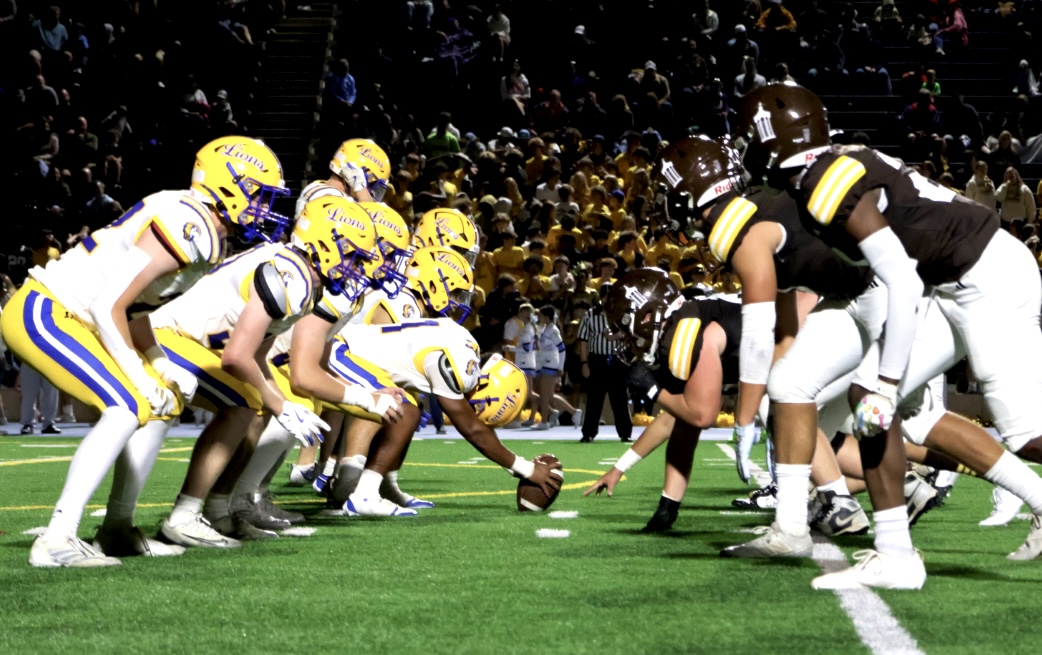
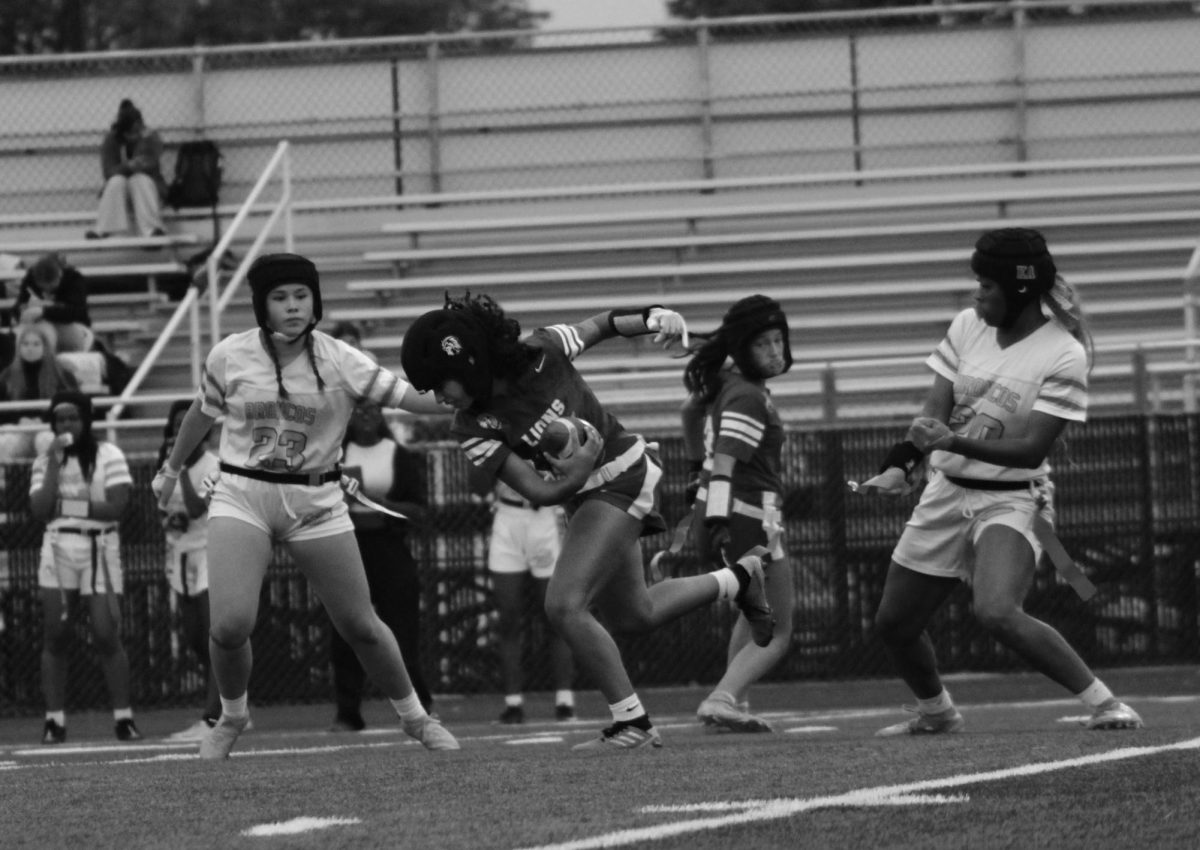
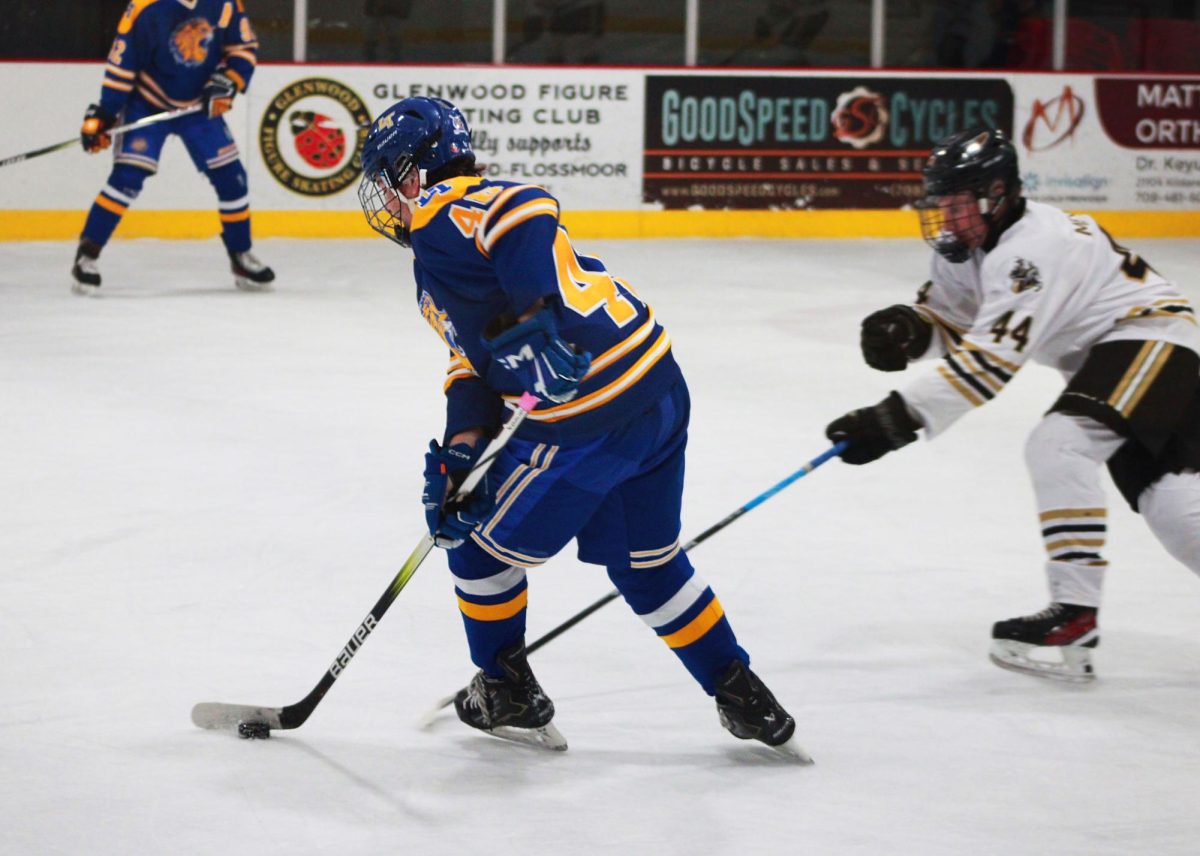



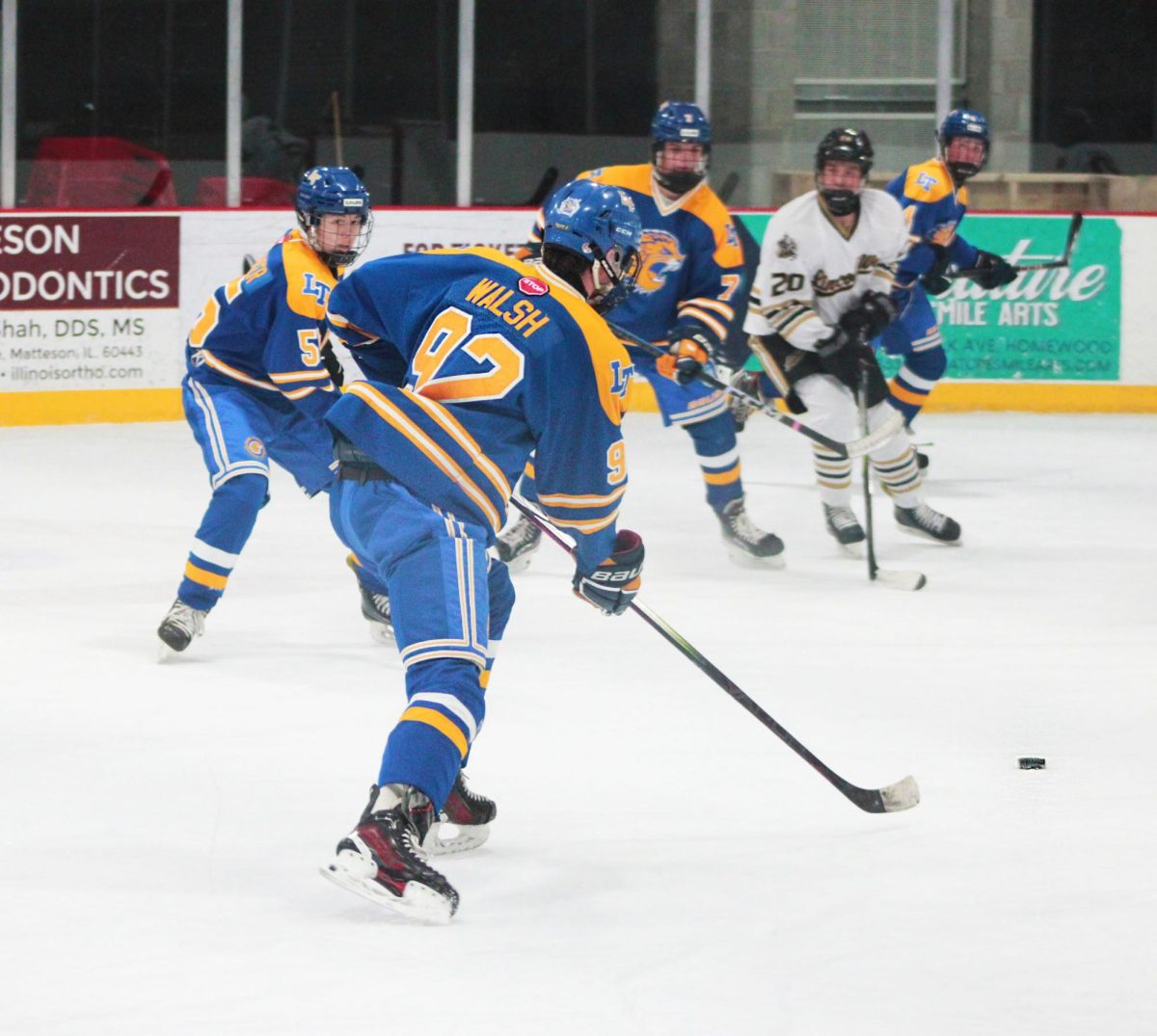
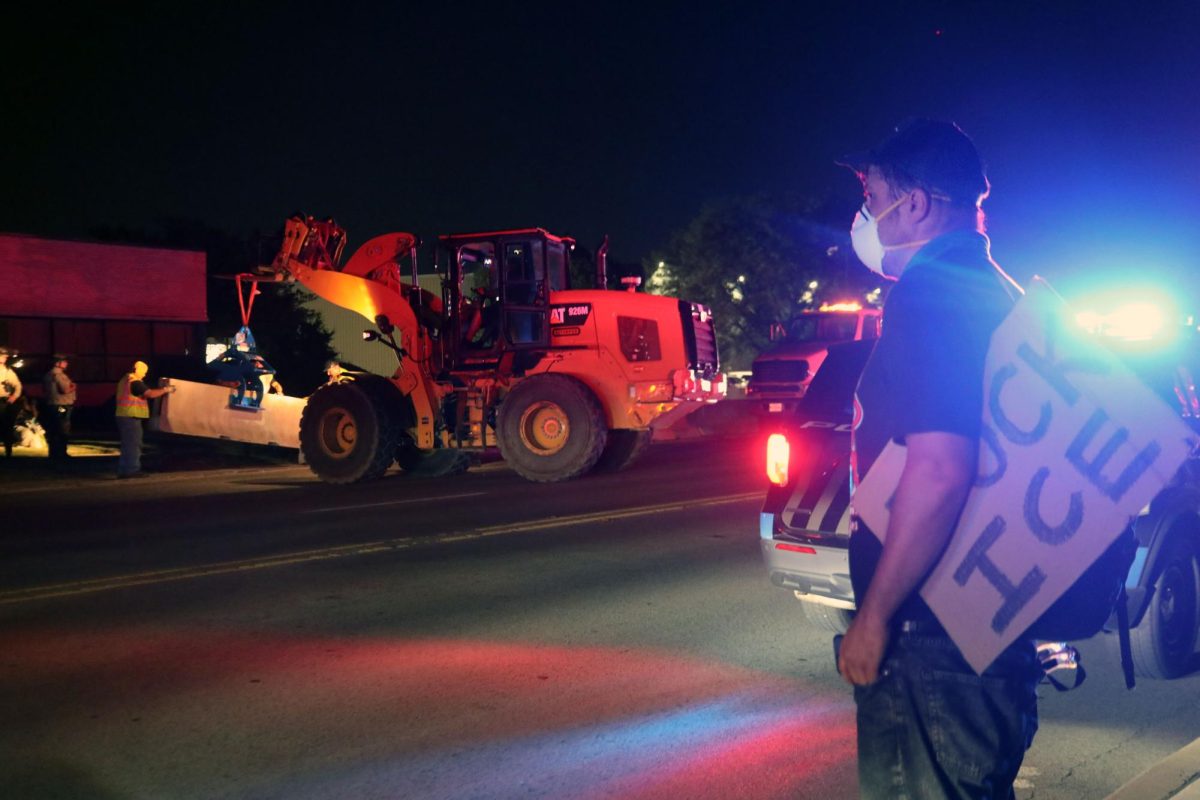
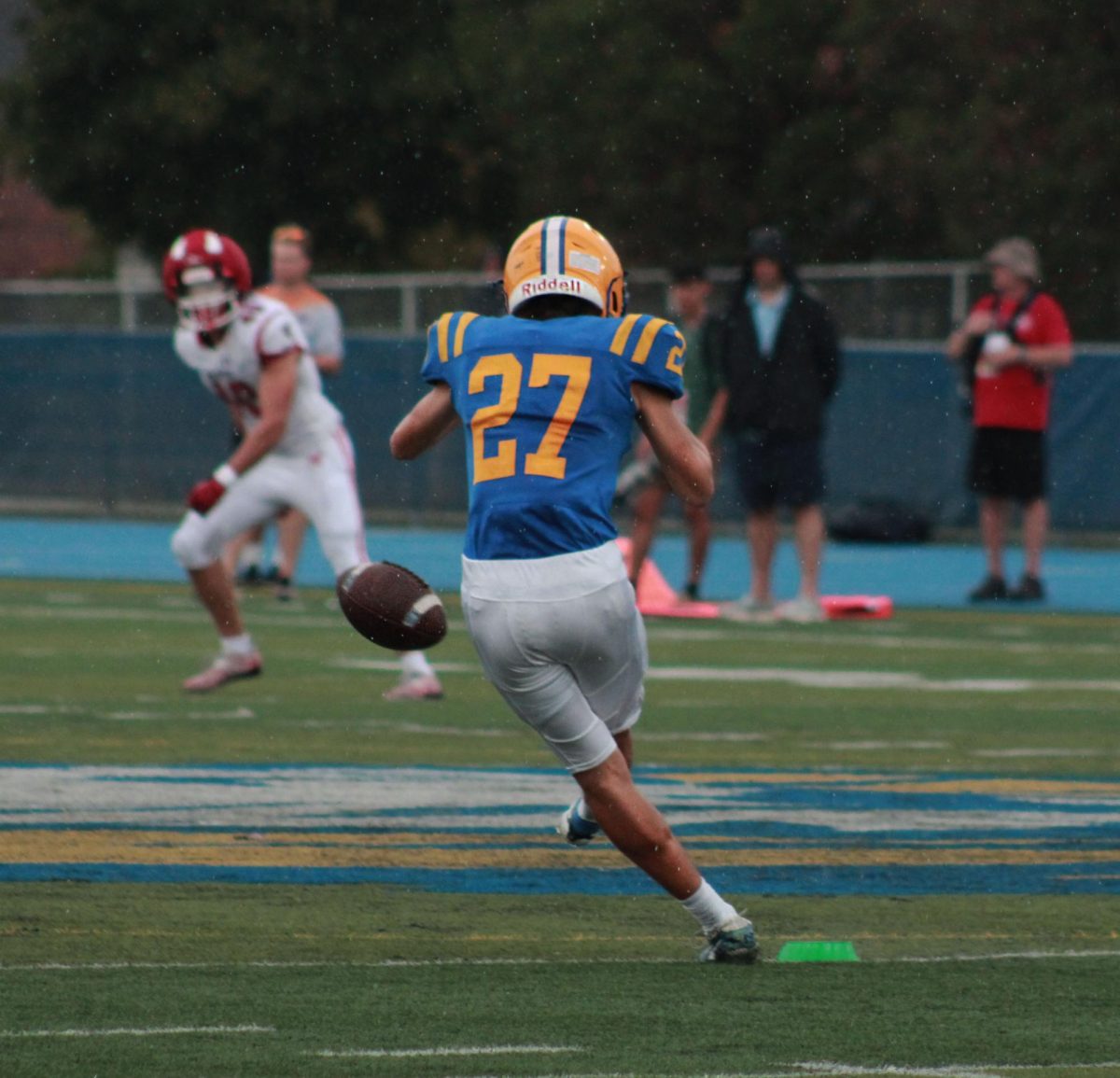
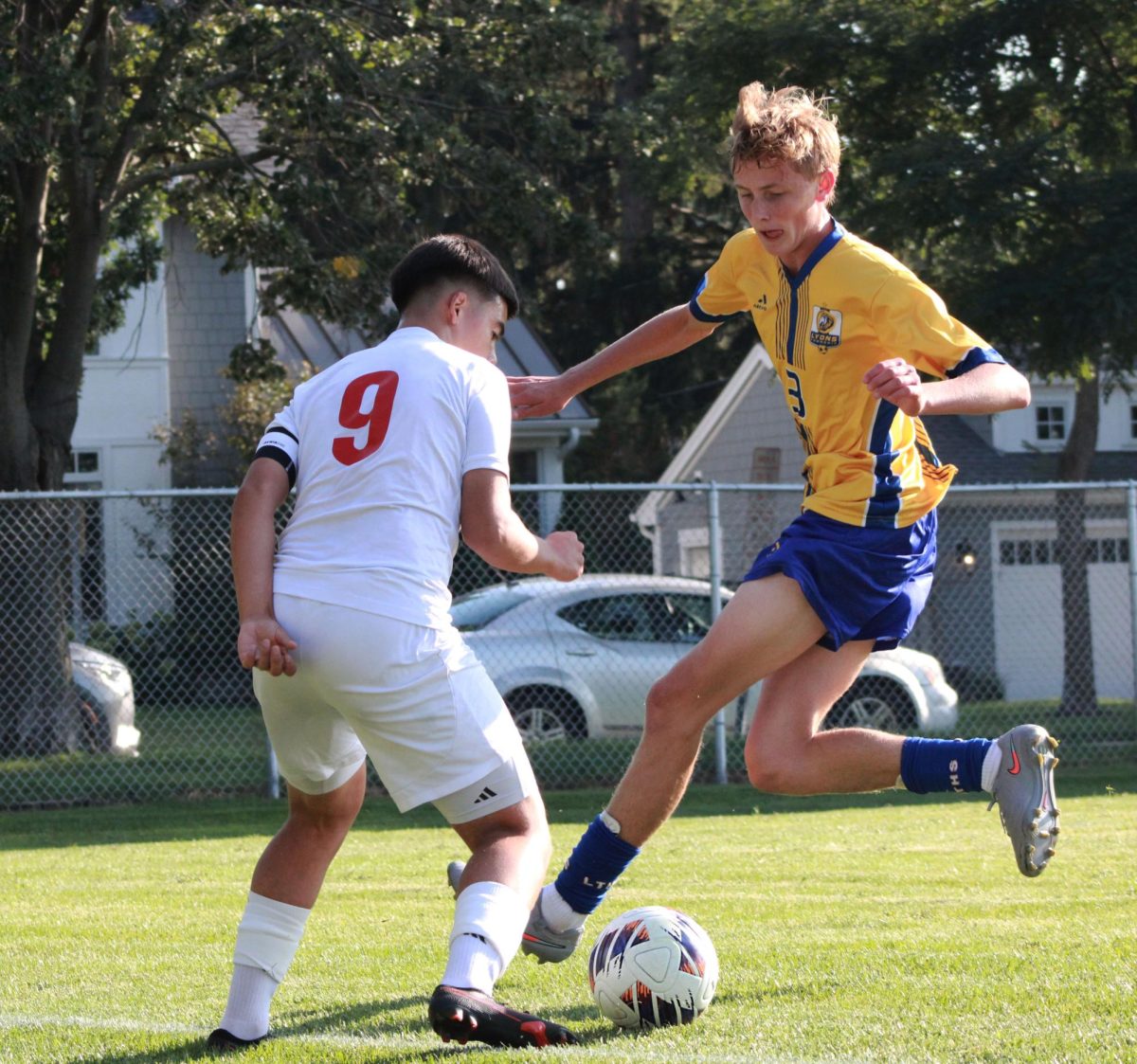
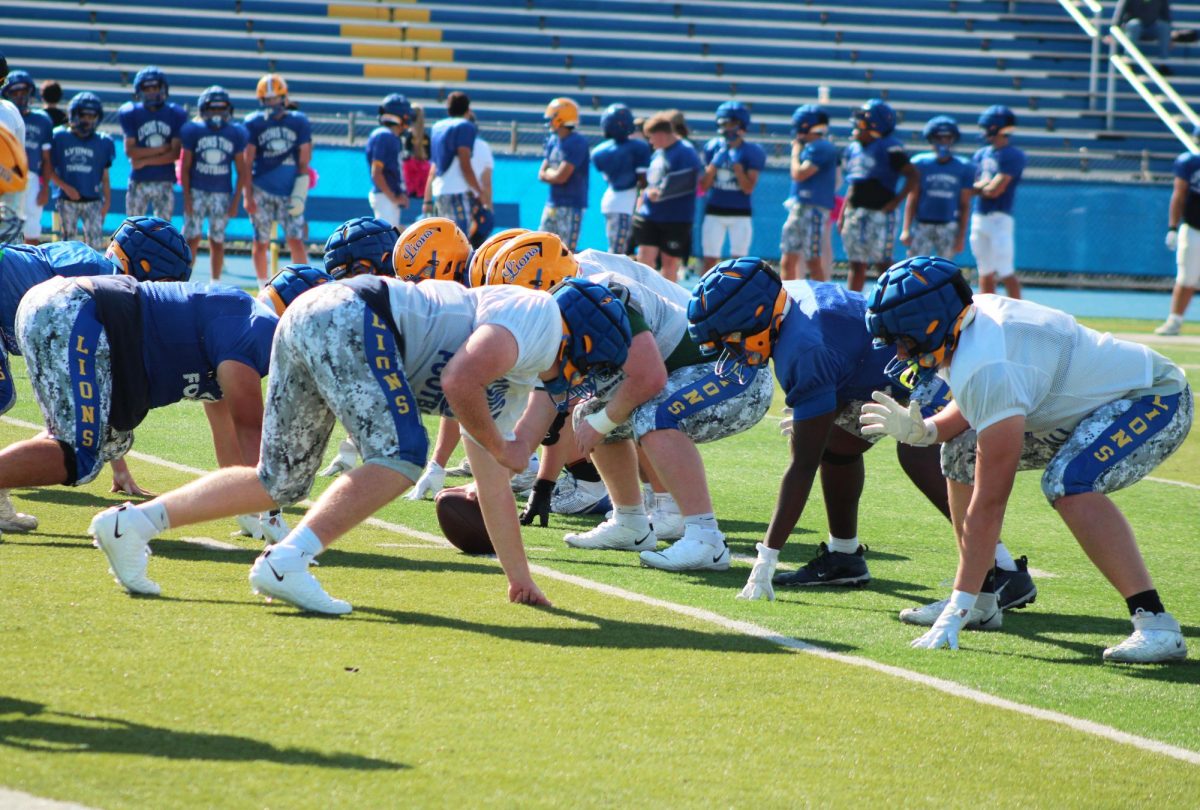
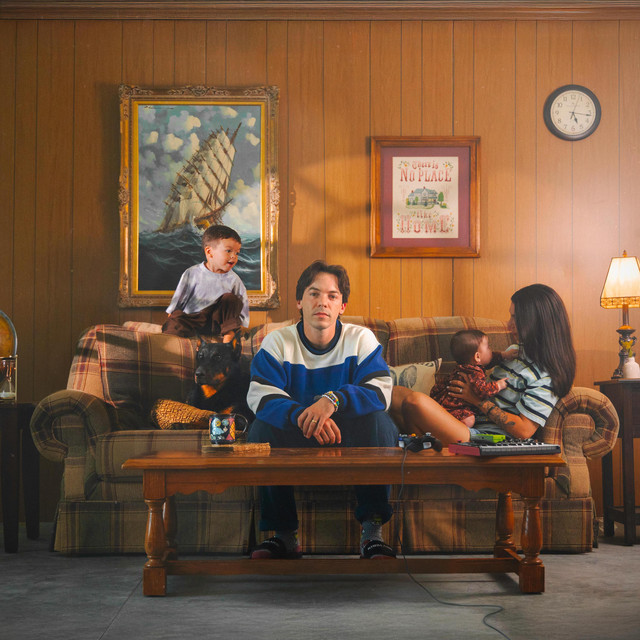
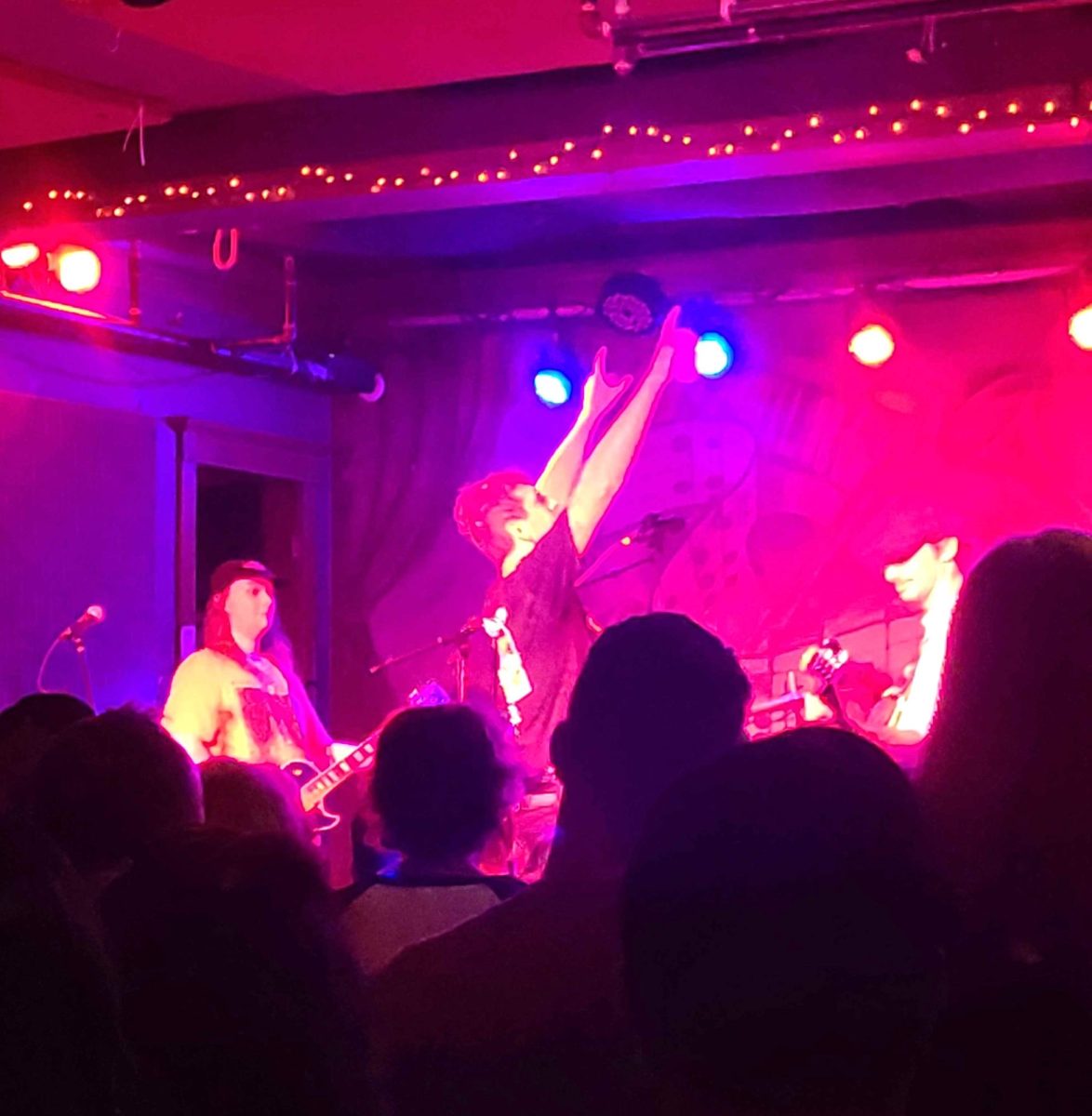
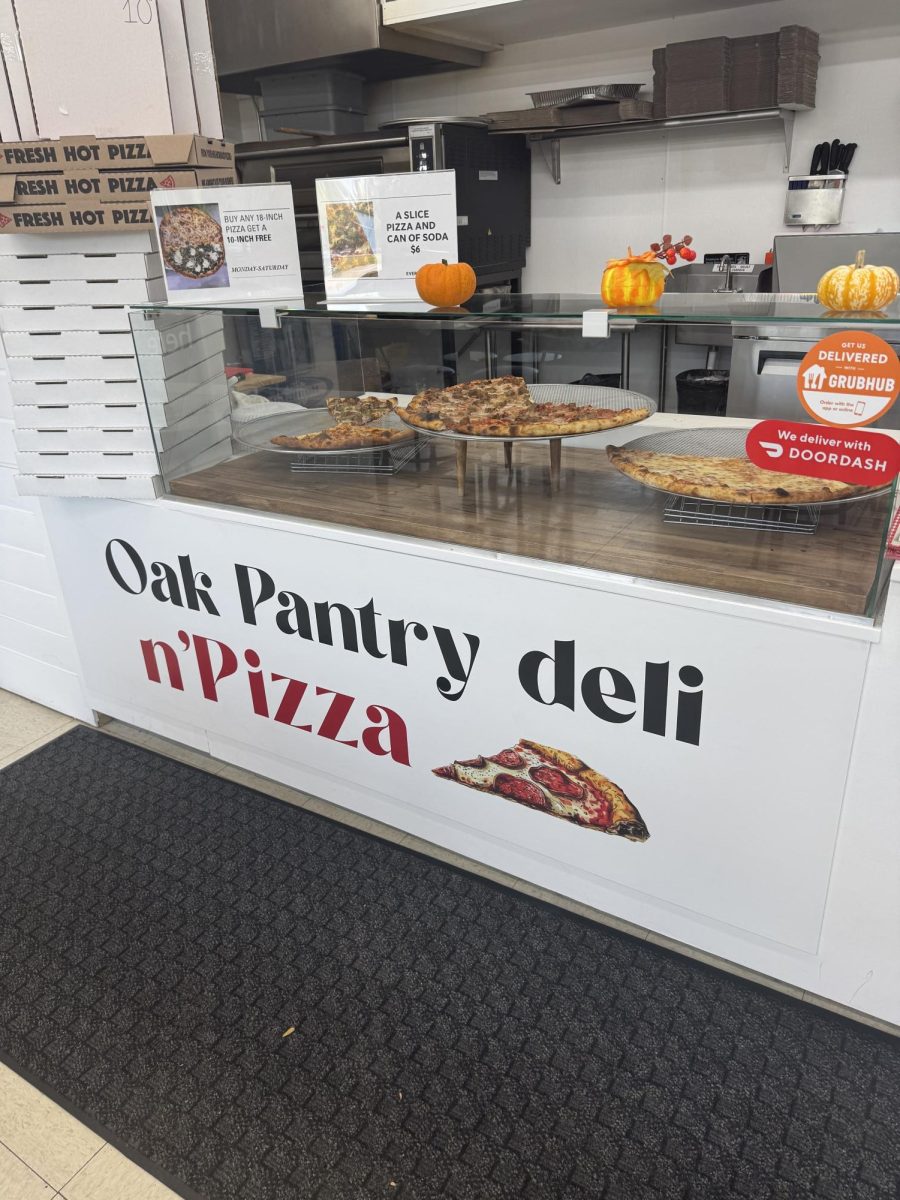


![Movie poster for '[Rec]" (2007).](https://www.lionnewspaper.com/wp-content/uploads/2023/04/rec-640x900.jpg)


